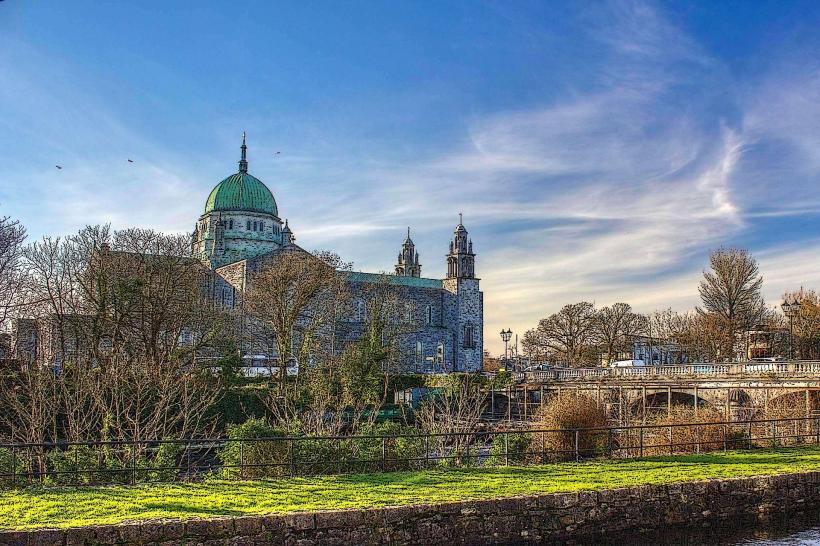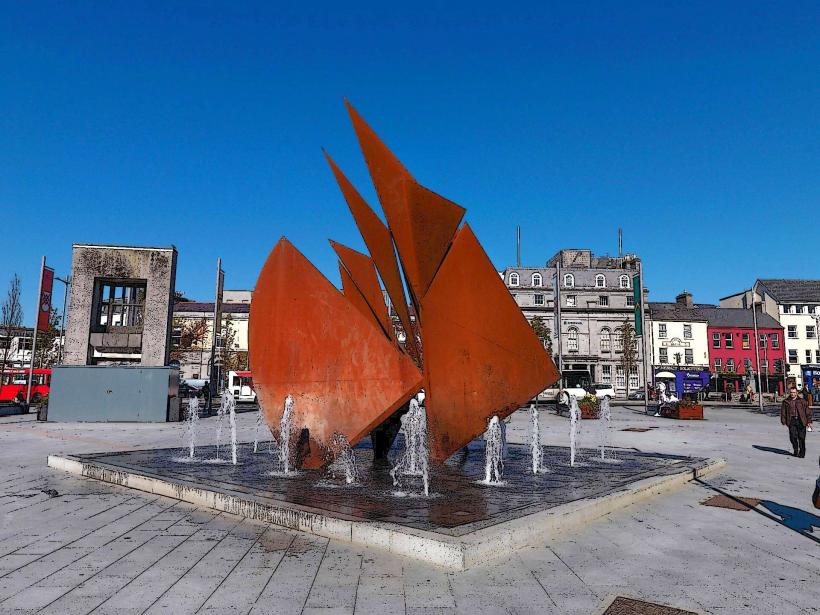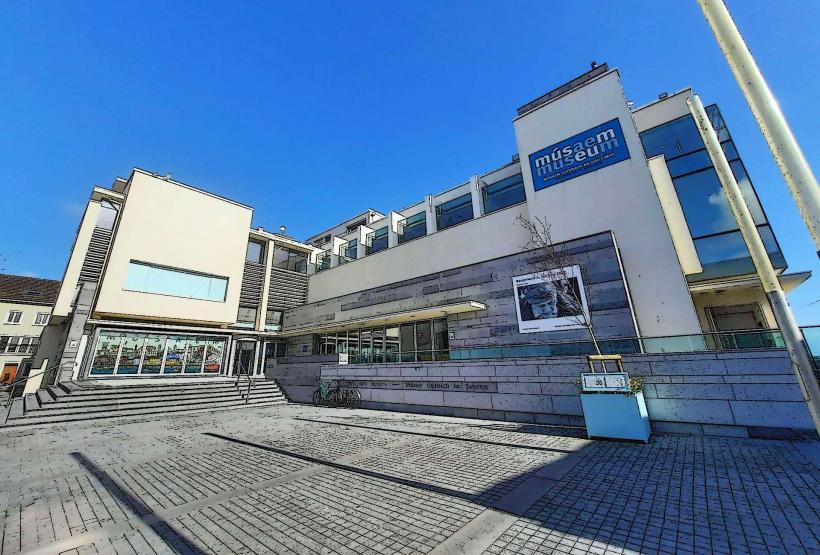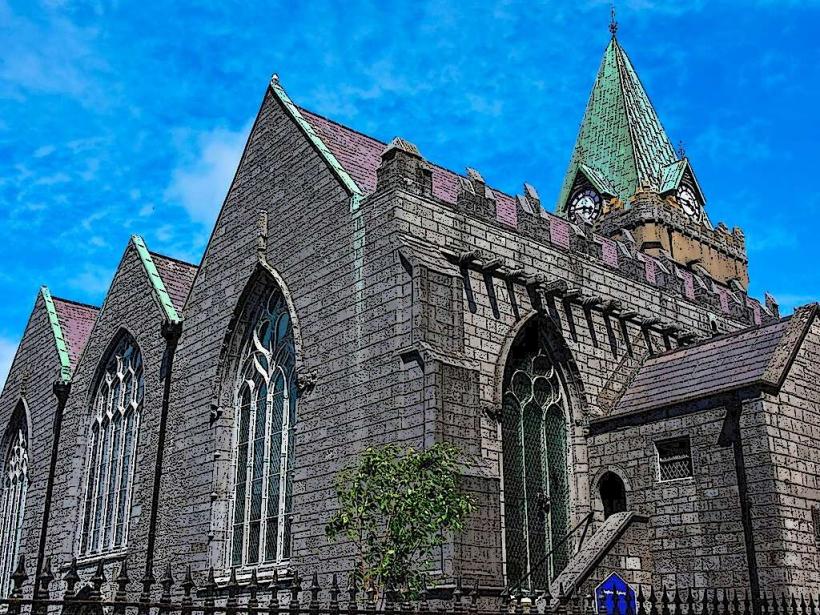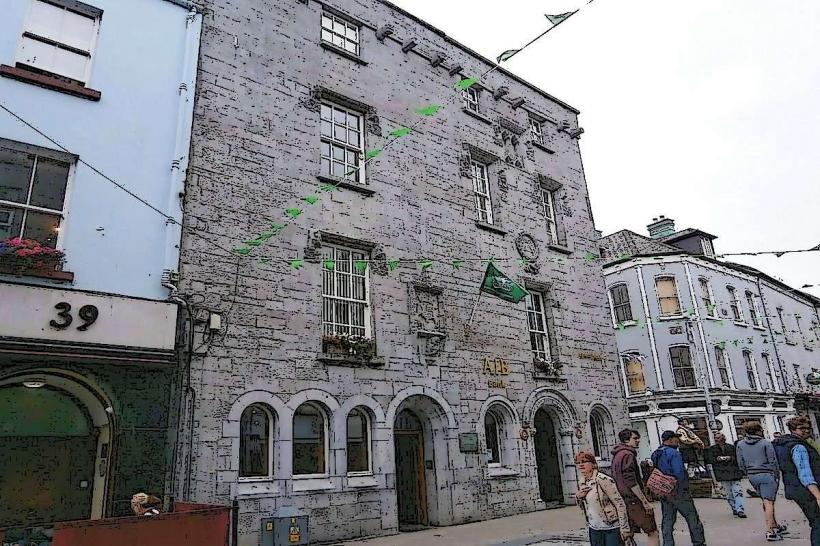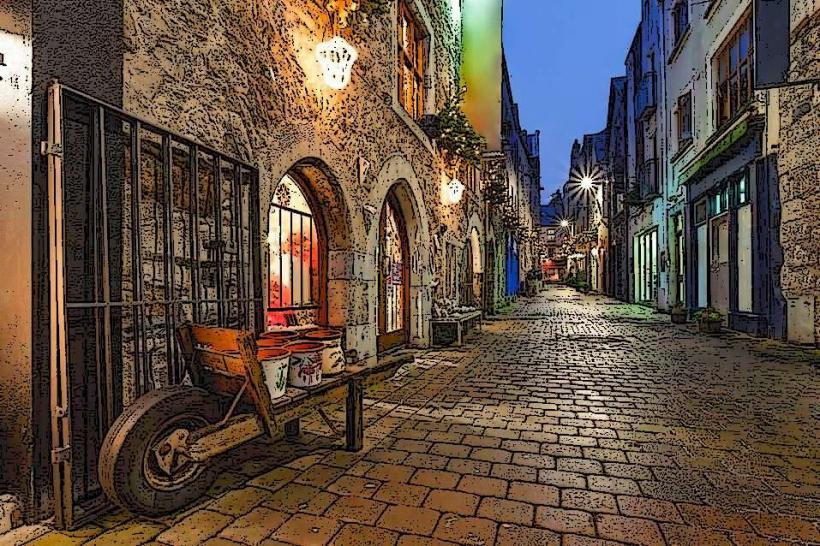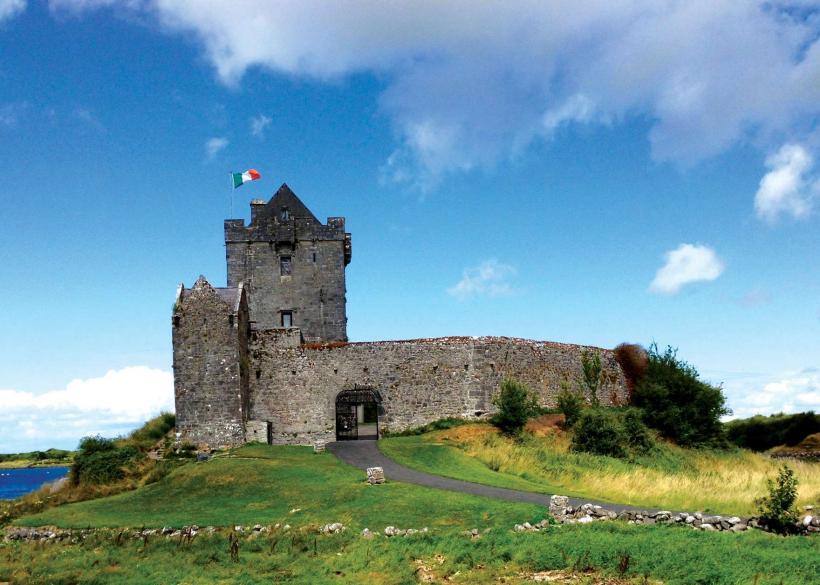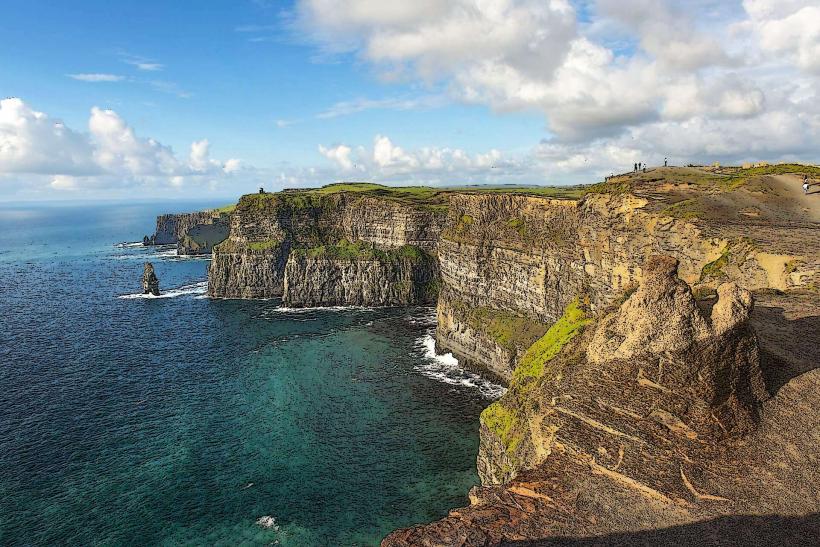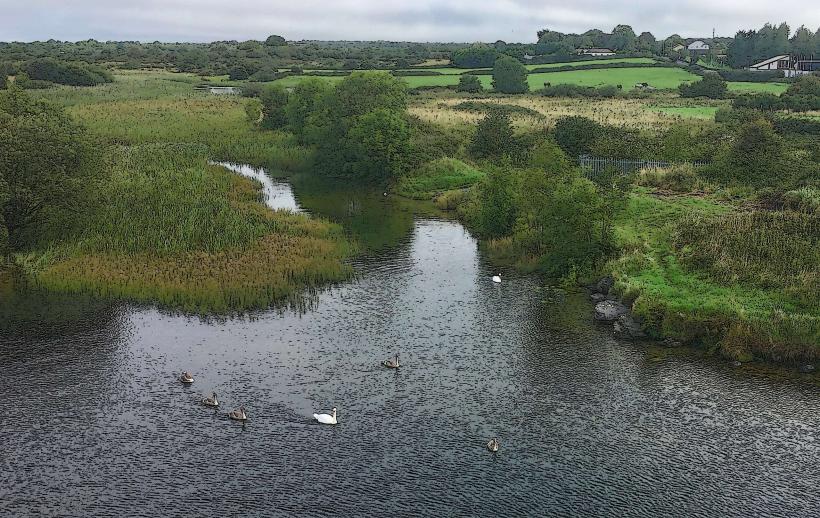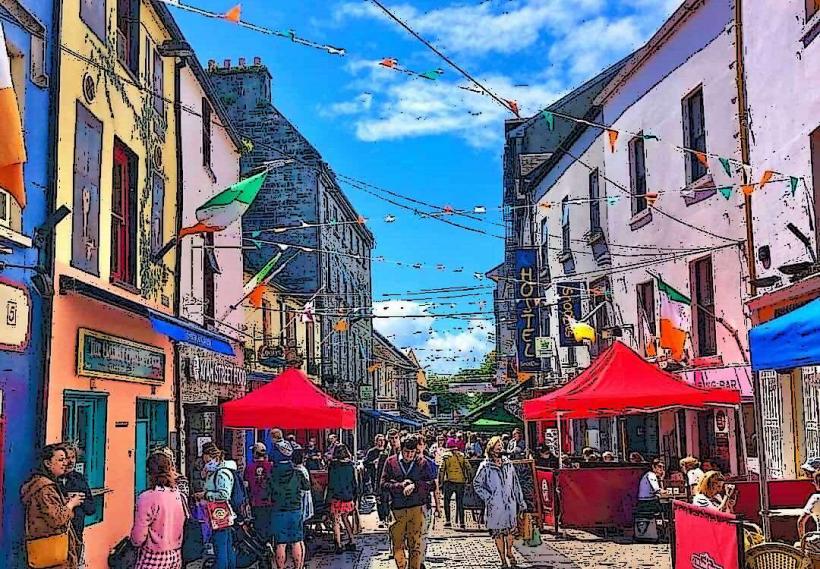Information
Landmark: Spanish ArchCity: Galway
Country: Ireland
Continent: Europe
Spanish Arch, Galway, Ireland, Europe
The Spanish Arch is a historical stone gateway located on the left bank of the River Corrib in Galway City. It is a remnant of the city's 16th-century defensive fortifications and serves as a primary cultural landmark connecting the city center to The Claddagh area.
Visual Characteristics
The site consists of two stone arches remaining from an original series of gateways. Constructed of local limestone, the structure is characterized by its heavy masonry and weathered texture. It is physically integrated into a surviving section of the medieval city walls. The adjacent open plaza, known as Spanish Parade, provides a viewing platform for the arches and the river estuary.
Location & Access Logistics
Address: 2 The Long Walk, Galway, Ireland.
Transit: A 0.8km walk southwest from Eyre Square/Ceannt Station. Most city bus routes serving the city center (Shop Street area) are within 5 minutes walking distance.
Parking: No parking at the monument. The nearest public facilities are the Jury's Inn (Leonardo Hotel) car park and the Hynes Yard multi-story car park (0.5km).
Accessibility: The arches are located in a level, paved pedestrian area. The ground is flat and suitable for mobility devices.
Historical Origin
Construction (1584): Built as an extension of the 12th-century Norman city walls to protect merchant ships docking at the nearby quays.
Purpose: Originally used to house soldiers who patrolled the walls and to control access to the Spanish Parade, where goods from Spain (primarily wine and brandy) were traded.
Natural Impact: The arches were significantly damaged in 1755 by a tsunami resulting from the Great Lisbon Earthquake.
Infrastructure & Amenities
Galway City Museum: A modern facility located directly adjacent to the arch, housing extensive historical and archaeological exhibits.
The Long Walk: A scenic promenade extending south from the arch, characterized by a row of brightly colored 18th and 19th-century houses.
Connectivity: High-density 5G coverage is available.
Sanitation: Public restrooms are available within the Galway City Museum during operational hours (Tue–Sat, 10:00–17:00).
Best Time to Visit
Photography: Early morning or sunset provides optimal lighting across the River Corrib and the colorful facades of the Long Walk.
Tide Cycles: High tide offers the most visually distinct view of the Claddagh Basin and river confluence.
Operating Hours: The monument itself is an open-air public site accessible 24 hours daily.
Facts & Legends
The name "Spanish Arch" is a historical misnomer referring to the frequent Spanish merchant ships that once docked there, rather than the architectural style of the structure. A local tradition involves sitting on the wall at the arch to observe the "Claddagh swans" and the flow of the Corrib, which is one of the fastest rivers in Europe.
Nearby Landmarks
Galway City Museum – 0.01km East
The Long Walk – 0.1km South
The Claddagh Basin – 0.2km West (via Wolfe Tone Bridge)
Shop Street / Quay Street – 0.3km North
St. Nicholas' Collegiate Church – 0.5km North

